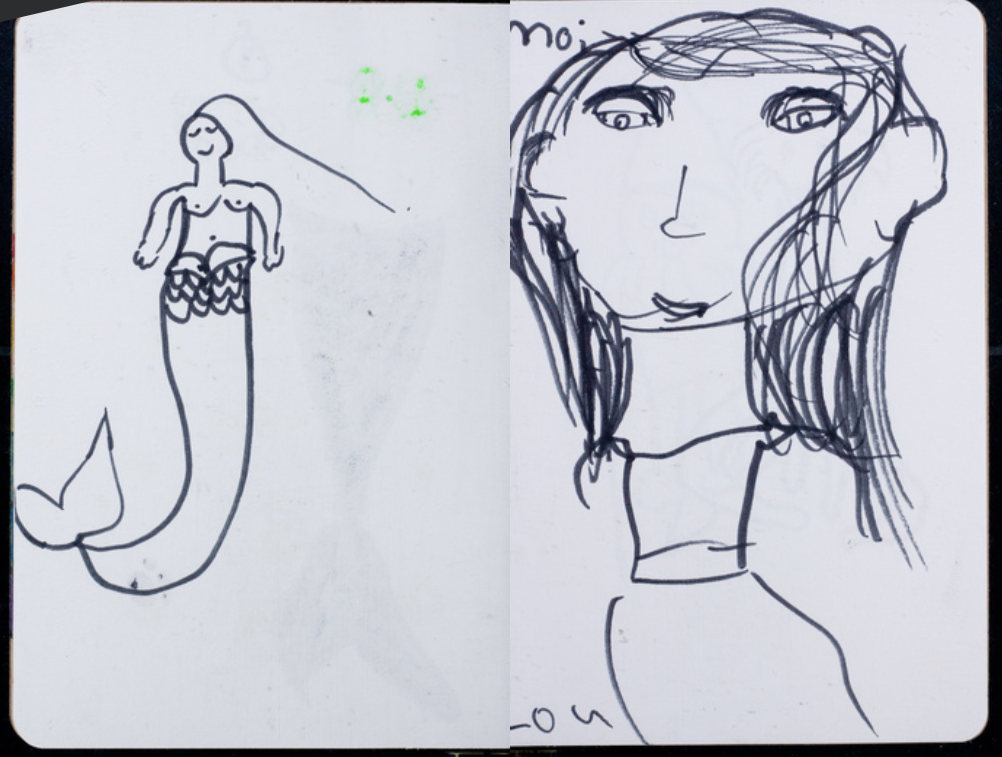There’s a potential source of inspiration that some of you might be interested in checking out. The Brooklyn Art Library serves a very specific function to its local and global community – it is the physical storehouse of thousands of sketchbooks. These sketchbooks are not taken from the estates of famed contemporaries, nor do they hold any historical value. They are specifically the notebooks of normal people. For twenty dollars (and a little extra if you’d like your book to be digitized), you can buy a sketchbook from the Brooklyn Art Library, do whatever you’d like to it – draw, doodle, write, paint, paste, etc. – send it back to them, and it will forever be a part of their archives. It’s called the Sketchbook Project. These sketchbooks can be rented out within the library and read, as well as accessed online by the larger world – all with the intention of giving voices to people who normally would not know where to submit their work to, if they ever even considered submitting their work. I’ve seen people give these sketchbooks to children, whose art is usually looked over.

There are first-time and not-so-first-time poets who write about their trauma (TW for abuse).

Those are just two categories I’ve noticed; I wouldn’t want to take away the experience of you exploring the digital library for yourself. But there’s a lot of poetry on there written by all sorts of people from all different walks of life; just searching “poetry” yields 692 results in multiple languages, skill levels, etc. And there’s a bunch of visual art that isn’t published anywhere other than within these digitized journals, either. It’s worth looking through!
